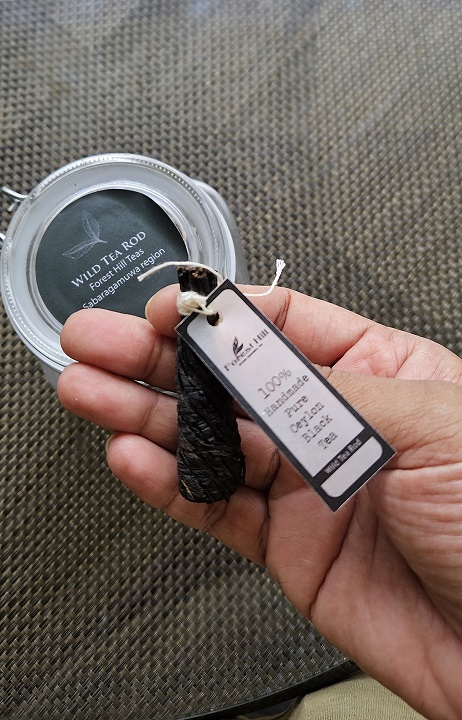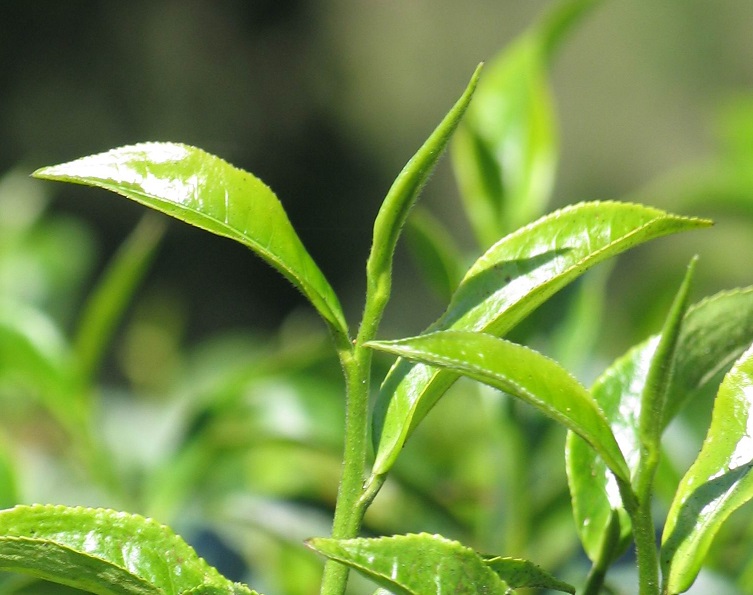Radhika Wijesekera –
Colombo, Sri Lanka (February 27, 2024) – Sri Lanka ranks third among the world’s largest tea exporters, behind China and Kenya; however, Ceylon (Sri Lanka’s colonial name) retains its position as the nation that produces the highest quality and most sought-after tea.
As a tea-producing nation, Sri Lanka faces a number of challenges, when compared to its competitors. Sri Lanka is an island of 65,610 sq. km, with only a mere 666,430 acres of land available for tea cultivation, with virtually no room for expansion. The limited availability of labour along with the high costs associated with it as well as with fertiliser and other materials, make tea cultivation an expensive business; which is also unable to effectively compete with other tea-producing countries as far as production volume is concerned.
Artisan black teas
Using traditional and organic or sustainable farming methods, Ceylon artisanal teas are made from various types of tea leaves grown in different regions. The production process and techniques of making Ceylon artisanal teas vary widely, depending on the region and type of tea.
Sri Lanka is well known for producing the finest tea in the world, and many tea connoisseurs are now switching from mass-produced blends to artisanal tea products. To increase the income levels of small farmers and workers who grow Sri Lanka’s famous teas, Ceylon artisanal teas are sold directly to some of the finest retailers and restaurants around the world.
While China and Japan are long-time artisan green tea manufacturers, Sri Lanka is the first country to experiment with artisan black teas.
The popularity of artisan and specialty black teas is growing in North America and Europe, particularly among young people. With the exception of the United Kingdom, these areas have been popular as coffee-drinking nations. But the more active, health-conscious younger generation is seeking out teas with versatility and variation. Ready-to-drink or instant teas are gaining traction as an emerging product, along with wellness teas and infusions, which have been proven to encompass a range of health benefits that include promoting heart health, reducing the risk of stroke, improving focus, and diminishing the risk of some cancers. Tea also contains antioxidant properties that are beneficial to health.
There is also an expansive range of flavoured black teas being produced in Sri Lanka today, using both local and imported ingredients. Spiced and fruit-flavoured teas, in particular, are very popular as both hot and cold beverages.
According to the Sri Lanka Tea Board (SLTB), the foremost authority on the industry in the country, in order to stay relevant and competitive in the global tea sector, Sri Lanka is increasingly focusing on niche markets, artisan black teas and organic products that the world market is looking for.
Over 40 artisanal tea producers are currently registered with the SLTB, of which four stand out for their innovation. Tea is widely consumed within the country, but statistics show that the general population is not particular about brand loyalty, and would opt for cost-effectiveness when purchasing their teas. Artisanal teas are made in small batches, under the most strict conditions, almost entirely for the export market, and are often made to order as well.
Amba estate in the Uva Province (on the southern slopes of the hill country), which was acquired by new investors in 2006 converted the estate’s existing cultivation and harvesting methods into completely organic processes, with a focus on improving local living standards. Amba is the first estate in the country to start hand-rolling black teas, similar to the methods followed in China and Japan. Today, their products are to be found at locations such as Fortnum & Mason and Claridge’s in London, to Harney’s in New York, Noma in Copenhagen, Camellia Sinensis in Montreal, and “bills” in Tokyo, among others.
Herman Teas is an independent global luxury brand of teas, popular for its virgin white tea, which originates from the Southern Province. The company employs traditional methods of processing their teas in a manner that brings fairness to workers and empowers their communities. Herman Teas has won the “Most Innovative Tea” award at the Anuga Fair in Cologne for its unique brews. They have also been acclaimed as the best small-scale exporter by the National Chamber of Exporters.
The concept of organically and sustainably harvesting wild tea was first conceptualised by Forest Hill Teas. The tea pluckers walk among the more than 100 acres of former tea cultivations on the southern slopes of the Adam’s Peak mountain, which were abandoned more than a century ago. The tea plants that were unpruned and unattended to, continued to grow into large trees which naturally became part of the forest that overtook the land. Today, these trees are up to 100 years-old, and over 50 feet tall. They have been found to have tap roots that grow deep into the soil, gathering valuable nutrition from an already nutrition-rich forest floor, and produce leaves that, once processed, produce a brew and that looks and tastes different to those grown in managed tea estates.
In another innovative step, Forest Hill Teas also produces hand-rolled tea rods, which work much like a teabag, but without the bag. Recent research has shown that the use of tea bags, including those made of paper, may leak harmful chemicals into the brew. The tea rod eliminates this completely by being rolled and tied with a piece of twine.

Speaking to AsiaBizToday, Forest Hill Teas founder Buddhika Dissanayake stated that the method of hand rolling the withered leaves into its distinctive rod shape was designed by the company, and it makes a unique, fruity brew in both hot and cold water. The rod can also be used up to four times.
Forest Hill Teas are made solely for the export market, with key buyers in the UK, the Netherlands, and Spain, and are also exported to Australia, New Zealand, Hong Kong, and the USA at a premium rate.
Back home, Dissanayake stated that the harvesting, processing, and packaging is all carried out in small batches, by localised communities who are compensated at a higher rate than the average local standard. Thus uplifting the living standards of the community, while preserving the integrity of the environment while producing truly unique teas for the world today.

